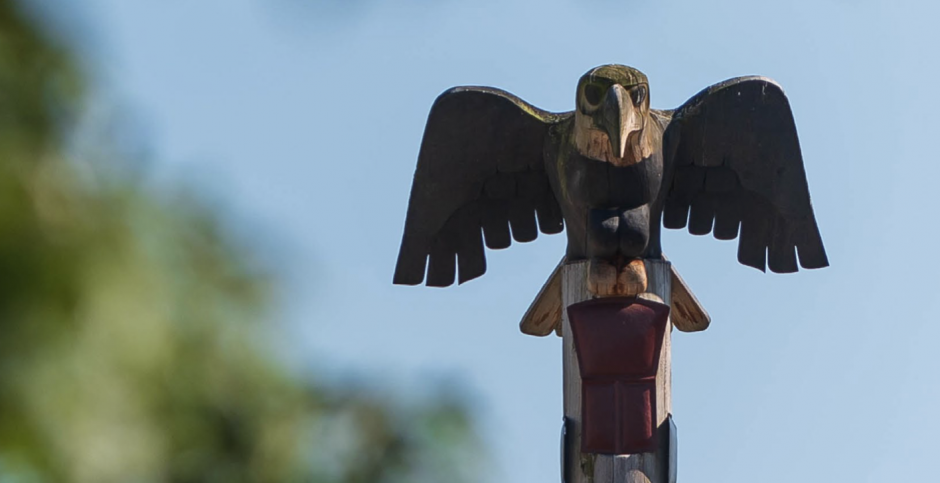
UBC has finalized its Indigenous Strategic Plan, marking a momentous occasion for the university as it becomes the first university in North America to commit to implementing the United Nations Declaration on the Rights of Indigenous Peoples (UNDRIP).
With input from more than 2,500 students, faculty and staff across both campuses and Indigenous community partners,the plan is also historic as it takes a human-rights based approach to the strategic framework.
The Indigenous Strategic Plan will be a source of guidance and inspiration far beyond UBC. In particular, it is our expectation that through this plan, the university will demonstrate how public institutions, not just governments, can play a critical role in upholding, advancing, and, indeed, implementing the human rights standards set out in the United Nations Declaration on the Rights of Indigenous Peoples.
UBC intends to put the declaration into action. With this plan, we will become the first university in North America to put the declaration and the rights framework it embeds at the heart of our mission and work.
Sheryl Lightfoot, President Santa Ono and Margaret Moss, in an op-ed piece in the Vancouver Sun (Sept. 12, 2020)
The plan is the university’s response to the United Nations Declaration on the Rights of Indigenous Peoples (UNDRIP) and the National Inquiry into Missing and Murdered Indigenous Women and Girls’ Calls for Justice, and a response to the Truth and Reconciliation Commission’s Calls to Action. The plan includes eight goals and 43 actions which range from establishing Indigenous-focused committees and advisories to Indigenizing curriculum and recruiting Indigenous students, faculty and staff.
The plan also calls for the university to work with Indigenous communities to co-develop research protocols that are consistent with free, prior and informed consent and ownership of Indigenous knowledge. This will involve developing deeper and more meaningful relationships with host nations and Indigenous communities, and lead to more recognition of Indigenous knowledges in scholarship.
“In light of current calls for deep social change in our societies, UBC must be a place that confers equal rights on all, without discrimination. In order to do this, we must dismantle mechanisms of oppression that still exist in our systems and work together to build new structures that honour the human rights of everyone, equally. We must move beyond words and take meaningful action.”
Santa J. Ono, president and vice-chancellor, UBC. UBC News
UBC President Santa Ono hosted a virtual event on Monday, September 14, to celebrate the launch, featuring guest speakers Musqueam Elder Larry Grant, ʔaʔsiwɬ Grand Chief Stewart Phillip, Grand Chief Wilton Littlechild, The Honourable Marion Buller, and other Indigenous leaders and human rights experts. GC Wilton Littlechild, a residential school Survivor and former Commissioner for Canada’s Truth and Reconciliation Commission, said in his remarks that there “is still a long ways to go,” with more widespread implementation of the TRC calls to action at institutions across Canada. Dr. Sheryl Lightfoot, senior advisor to the President on Indigenous Affairs and a co-lead of the plan, commented that the plan is the “shared responsibility” of the university and that it needs to be truly embedded into the work, operations and culture to make a positive impact. A program and a webcast of the event is available for viewing.
Visit the Indigenous Strategic Plan website to learn more, or view a PDF of the plan.